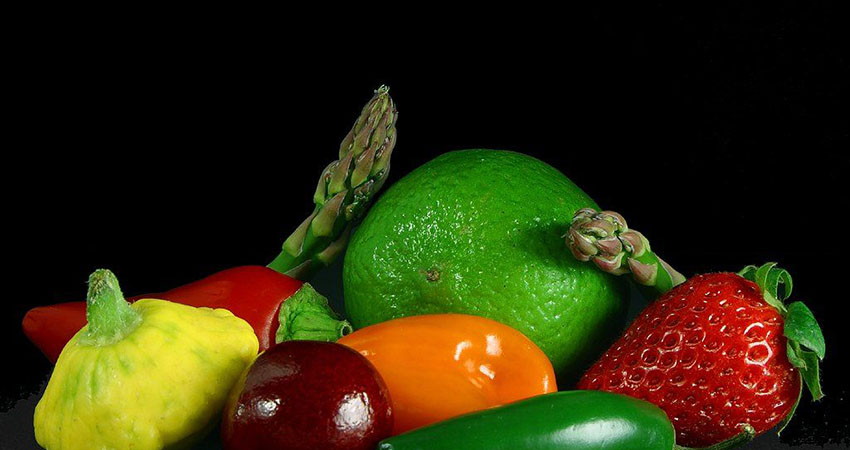Health
Different Vitamins Explained
Published
7 years agoon
By
HGM
Vitamins are organic compound contained in the food we eat. They are needed in small quantities for overall health and proper functioning of different organs of human body. Some of these vitamins are fat soluble while others are water soluble. Each organism has different needs of vitamins. For example Vitamin C (ascorbic acid) is very essential for human being, but it is not needed for dogs.
Fat soluble vitamins
Vitamins which are fat soluble are stored in the fatty tissues inside the human body and liver. These vitamins are absorbed through intestinal passage with the help of lipids. Vitamin A, D, E, and K are soluble in body fat.
Water soluble vitamins
Water soluble vitamins cannot be stored in the body. They got excreted through urine. Because this situation, water soluble vitamins have to be replaced more often. Vitamins C and all variants of vitamin B are water soluble. Vitamin B has several sub categories like vitamin B2, B3, B5, B6, B7, B9 and B12. All these vitamins are water soluble. Details about these sub categories of vitamin B will be explained in another article.
Vitamin A
Vitamin A is an unsaturated organic compound that contains retinal, retinol, retinoic acid etc. This vitamin is very essential for good vision and for the maintenance of immune system. Vitamin A is available in good quantities in daily usage materials like liver, spinach, tomatoes, egg, milk etc. Lack of vitamin A can result in night blindness and other forms of eye problems.
Vitamin B
Vitamin B is water soluble and its chemical name is thiamine. Cereal grains, brown rice, cauliflower, oranges, eggs, liver etc contain abundant quantities of vitamin B. Beriberi is a common disease caused due to shortage of vitamin B
Vitamin C
It is a water soluble compound with chemical name ascorbic acid. Fruits vegetables and liver contain abundant quantities of vitamin C. Deficiency can cause megaloblastic anemia.
Vitamin D
This is a fat soluble organic compound with chemical name cholecalciferol. Deficiency leads to rickets and this vitamin abundantly available in sunlight. So sunbathing can supply you enough quantities of vitamin D.
Vitamin E
This is a fat soluble vitamin and its chemical name is tocopherols. Fortunately deficiency of this vitamin is rarely felt. The common source of vitamin E are almonds, eggs, nuts, leafy green vegetables, whole grains etc.
Vitamin K
Vitamin K is fat soluble and its chemical name is menanquinones. Sources are leafy vegetables, kiwi fruit etc. Deficiency can lead to bleeding diathesis.

